As you probably know, the profitability of banks depends heavily on the prime rate. As it is to be expected that this will fall again in the next few years, bank profits should also fall again. What is your opinion? Sell or hold? For information: Hold at present $BG (-1,6%) and $RBI (-1,89%)
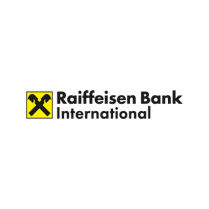
Raiffeisen Intl
Price
Discussione su RBI
Messaggi
30Balance with boring favorites
The tech and futures sector is going through a bit of a rough patch again. Fluctuations, setbacks, uncertainty. And this despite the fact that nothing bad has actually happened fundamentally: no disasters in the quarterly figures, no new escalation with China, etc. Nevertheless, many have doubts about the sometimes high valuations - especially in the AI sector. The Fear & Greed Index currently stands at "extreme fear" - exactly the point at which many are getting shaky.
In my wikifolio "Next Level Era", I am of course also noticing this volatility - after all, it is also geared towards innovation, tech and disruption. The $ alone$IREN (+4,22%) alone was still up over 1100 % at the beginning of the week - it's clear that there will be some profit-taking. This is simply part and parcel of such hot stocks. Nevertheless, I still see potential there (and in the AI sector in general), especially after the last quarterly report. but of course: strong performance usually correlates with high volatility.
A healthy balance helps to ensure that this doesn't get on my nerves too much: a basic portfolio of solid stocks - although there can also be significant returns - this year, for example, banks, insurance companies such as $RBI (-1,89%) , $UQA (+1,43%) or $UCG (-4,15%) nice dividends and +50% YTD (better than some of my growth stocks). Some ETFs such as $CS1 (-1,23%) or gold have done well - and at the same time bring calm.
But of course - more exciting are the risky parts, the 10x or 100x candidates that we all like to talk about here 😄. Nevertheless, I wanted to mention the part of asset accumulation that focuses on stability, because it feels like we're only talking about the hot stocks. So let's hear it, what are your favorite boring stocks in your portfolio :-)
HennRes | Raiffeisen Int. & the billion-euro transfer to Russia
As internal documents show, the $RBI (-1,89%) increased its cash shipments to Russia three and a half times in the period (3 weeks before the invasion). While an average of 12 million euros was sent per shipment between 2020 and 2021, volumes rose to up to 40 million euros per shipment from January 2022, an increase of 233%. In total, over 500 million euros in cash flowed into Russia during these critical weeks, as investigative Recherchen show.
Timeline:
- February 23, 2022: Last cash orders from RBI employees in Moscow, just 24 hours before the invasion.
- February 24, early morning: An already packed shipment worth around 50 million euros was due to take off, but was "stopped at the highest level", according to internal sources.
- As of February 24: No further transfers - according to the RBI spokesperson.
But even after the invasion transfers were stopped, questions remain: who benefited from the cash that had previously been delivered? Russia expert Jakob Kluge says:
"At this stage, the Kremlin was already preparing sanctions evasions. Cash in this amount rarely serves private individuals, it is a tool for shadow financing or emergency reserves of the state."
The $RBI (-1,89%) believes that all transfers are
"always complied with the rules" and were in line with EU legislation at the time. As early as January 2022, intelligence services warned of an imminent war, but the RBI increased its transfers anyway.
The RBI subsidiary in Russia has been active since 1996, generated 2023 55% of the total RBI profit (1.2 billion euros) and is considered the last "bridge to the West" for Russian elites.
What you can see is that RBI reduced lending in Russia by 37% in 2023, while the subsidiary's total assets shrank by 22%.
However, a complete exit from the Russian business is unlikely. According to $RBI (-1,89%) the approval of the Kremlin. In addition, the RBI license in Russia ensures exclusive access to international payment systems such as SWIFT, which makes it strategically valuable for Moscow.
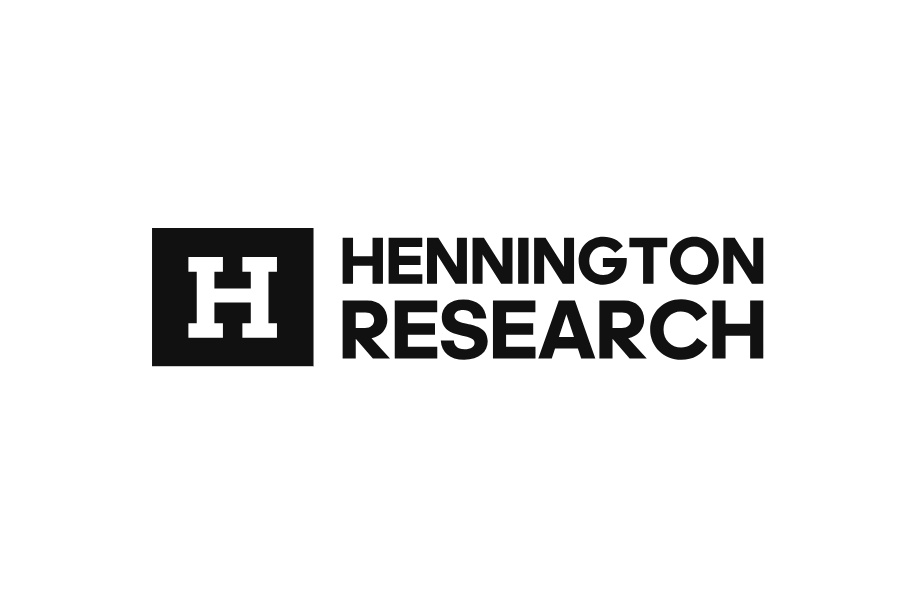
The peace profiteers
I was inspired by a Focus Money article and because many people here are asking.
I won't be investing myself, it's too short-term for me. But there are still some very interesting companies.
Feel free to write in the comments whether such "copied articles" are of any use to the community or are legally correct :)
The signs of a peace process in Ukraine are solidifying. This is triggering a run on the stock market for shares that could benefit from reconstruction
Regardless of the political interpretation, the stock market has been turning its back on the war for several days now and is betting on the coming peace. Stocks that are likely to benefit from the reconstruction in Ukraine have soared. The UBS Ukraine Reconstruction Index, which comprises 25 of these stocks, has been climbing for days and is at an all-time high. "The effects of a possible ceasefire in Ukraine are still being underestimated on the financial markets," says Bernd Meyer, Chief Investment Strategist and Head of Multi Asset at Berenberg, who is convinced that the rally will continue. Reconstruction requires enormous resources. According to estimates by the World Bank, the costs for this amount to a total of 500 billion dollars - the equivalent of Austria's gross domestic product and more than three times Ukraine's annual economic output before the war. The money is likely to benefit construction companies, suppliers, infrastructure companies and banks in particular. European companies could be the main beneficiaries - especially from neighboring countries such as Poland and Hungary, but also the Czech Republic, Austria and Germany.
With Wärtsilä $WRT1V (-1,12%) a provider of technologies for the shipping and energy markets, and Konecranes $KCR (+1,31%) a manufacturer of industrial cranes and drive technology, Finnish companies are also on the list of potential peace beneficiaries - as are Italian companies such as the cement and building materials manufacturer Buzzi $BZU (+1,61%) The list is long. There is a great need for building materials, steel and cables to restore the destroyed infrastructure and energy supply. There is still no thematic fund or ETF on the beneficiaries of the reconstruction in Ukraine. Investors who want to benefit from this are therefore well advised to combine several securities into a portfolio themselves.
Banks: Erste Group Bank $EBS (-4,41%) Powszechna K. Osz $PKO (-4,44%) Santander Polska $SPL (-2,71%) Polska K. Opieki $PEO (-3,42%) Raiffeisen Bank Int.$RBI (-1,89%)
Construction: Wienerberger $WIE (+1,53%) Sniezka Construction $SKA Strabag $STR (+3,06%)
Insulation: Kingspan Group $KRX (-2,73%) Rockwool $ROCK B
Glass: Cie de Saint-Gobain $SGO (+1,52%)
Cranes: Konecranes $KCR (+1,31%)
Cement: CRH $CRH (+2,56%) Buzzi $BZU (+1,61%) Holcim $HOLN (-1,38%) Heidelberg Mat. $HEI (-2,57%)
Construction machinery: Caterpillar $CAT (+2,11%)
Mining: Ferrexpo $FXPO (-4,58%) Metso $METSO (+1,21%)
Chemicals: BASF $BAS (-1,09%)
Industrial gases: Air Liquide $AI (+0,95%)
Infrastructure: Schneider Electric $SU (-0,75%) Rexel $RXL (-3,69%) Wärtsilä $WRT1V (-1,12%) Weir Group $WEIR (+0,15%)
Infrastructure (E): Siemens Energy $ENR (-0,22%) Prysmian $PRY (-3,37%) NKT $NKT (-1,78%) Nexans $NEX (-1,89%)
Agriculture: Kernel $KER (+0,1%)
Logistics(warehouse): Kion $KGX (-0,7%)
Steel: Arcelor Mittal $MT (+0,64%) and for stainless steels Outukompu $OUT1V (+1,97%)
Sanitary technology: Geberit $GEBN (+1,25%)
Specialty chemicals: Evonik $EVK (-0,78%) Arkema $AKE (-2,49%) Wacker Chemie $WCH (-0,34%) Lanxess $LXS (+0,47%)
Austria News🚨
Today the ATX has made its biggest jump in 3 years.
Shares like
have risen well
Question: What do you think about Austrian shares?
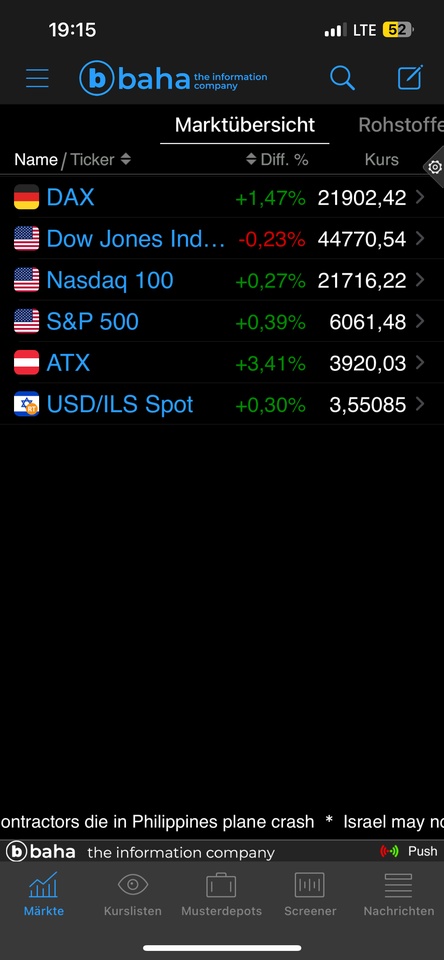
René Benko arrested
René Benko, the Austrian real estate investor & founder of Signa Holding, was arrested at his villa in Innsbruck on January 23, 2025. The Vienna-based Vienna-based economic and corruption prosecutor's office (WKStA) ordered the arrest after serious allegations were made against him. The main charges include fraud and insolvency offenses as well as the concealment of assets. In addition, there is a risk of concealment and the danger of committing further crimes, which led to his arrest.
The investigations against Benko, who is considered the de facto ruler of the Laura Private Foundation, have their origins in the insolvency of Signa Holding in November 2023, which is considered the largest bankruptcy in Austrian economic history. Benko is accused of deliberately hiding the assets of his companies in order to make it more difficult for creditors to enforce their claims. Specific allegations include:
- Balance sheet manipulation
- delay in filing for insolvency
- breach of trust & damage to creditors.
In particular, he is accused of systematically concealing losses and debts in the balance sheets of his companies, delaying the actual financial situation of Signa Holding and misusing company funds. It is also suspected that he deliberately shifted assets in order to avoid creditor claims.
The investigations extend across several countries.
In Austria the WKStA is investigating Benko for the aforementioned offenses. In Germany public prosecutor's offices in Munich & Berlin are involved, which are also investigating suspicions of money laundering, insolvency fraud and embezzlement. In Italy an investigation by the public prosecutor's office Trento on suspicion of the formation of a criminal organization & anti-mafia investigations. Also in Liechtenstein there are also investigations into money laundering and insolvency fraud. The investigations are based on telephone surveillance, message analysis and witness statements.
If Benko is found guilty, this could have serious consequences. The immediate paralysis of Signa Holding and the possible demise of the affiliated companies could be imminent, which could lead to an enormous burden for creditors and investors. Creditors could face claims amounting to 2.4 billion euros which could result in the break-up of Benko's real estate empire. Subsidiaries of his group are also threatened by possible insolvency. Furthermore, the investigations could lead to the confiscation of assets.
Benko is part of an extensive network of business partners and investors. The $RBI (-1,89%) is the largest creditor with 750 million eurosand has also $UCG (-4,15%) has granted significant loans to Signa. Other investors, such as the RAG Foundation, Fressnapf founder Torsten Toeller and Klaus-Michael Kühneare closely associated with Benko.
Political networks also play a role, as former politicians such as Joschka Fischer and Ole von Beust worked as lobbyists for Benko. In addition Alfred Gusenbauer consulting services to the value of 6 million euros were invoiced.
Insurance companies and banks involved in the Signa network also bear financial risks. A total of 46 insurance companies have done business with the Signa Group, with 9 insurers having invested more than 1% of their portfolio in Signa. The complex network and interdependencies mean considerable financial exposure for all partners involved.
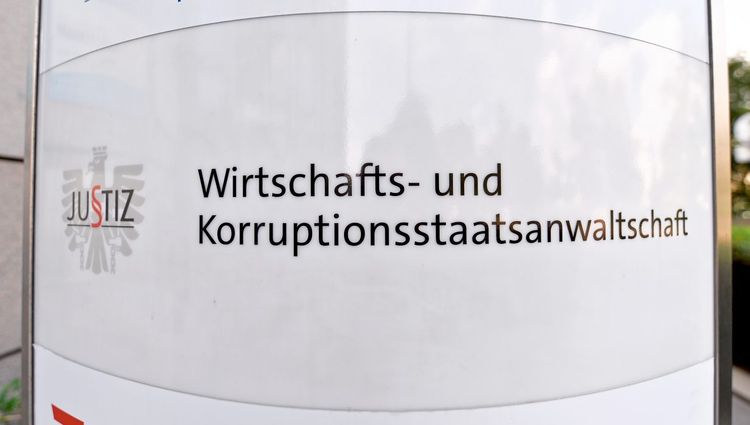
As every Sunday, the most important news from the past week, as well as the dates for the coming week.
Also as a video:
https://youtube.com/shorts/a4VONpgpDy8?si=DlcRJH90N19mxo9L
Monday:
The $VOW (-0,15%) Lamborghini, a car manufacturer belonging to the VW Group, made a significantly higher profit. Turnover increased by 14.1% to 1.6 billion euros in the first half of the year. The profit rose to 458 million euros. The USA remains the most important market, ahead of Germany and the UK.
The prices for freight rates are rising sharply again, one consequence of which is that the trader Depot had to file for insolvency. Shipowners cite the Houthi attacks in the Red Sea as the cause. Traders speak of an artificial shortage.
Explosion on the factory premises of $BAS (-1,09%) BASF site in Ludwigshafen. The causes are still unclear, 14 people were slightly injured.
Tuesday:
Some company figures at a glance:
$BP. (+0,14%) BP (oil company) beats expectations on profit and raises dividend.
The Austrian $RBI (-1,89%) Raiffeisen Bank also increases its profit (Q2) to 661 million euros. Around half of this comes from the controversial Russian business.
The lubricant manufacturer $FPE Fuchs also increased its EBIT by 9%. Turnover fell by 3%.
The Swiss chemical manufacturer $CLN (-1,21%) Clariant raises its profit forecast. Although sales fell in the first half of the year, the EBITDA margin increased.
The German economy is still not making any headway. GDP fell by 0.1% in the second quarter. In the first quarter, growth was 0.2%. It is therefore questionable whether GDP will grow over the year as a whole.
Inflation in Germany 🇩🇪 remains a tough issue. At 2.3%, inflation in June was again slightly above the ECB's 2.0% target. Expectations were also slightly lower at 2.2%. However, the decisive factor is the inflation rate in the eurozone as a whole 🇪🇺. For example, Spain 🇪🇸 reported significantly lower inflation than expected.
Wednesday:
$TMV (-2,21%) Teamviewer continues to grow profitably and also exceeds expectations with an EBITDA margin of 41%. Above all, cash flow increased significantly by 29% to EUR 60.8 million in Q2. The P/E ratio is now also in the 10 range. This is very low by comparison for a software group.
https://stock3.com/news/teamviewer-ist-profitabler-als-gedacht-15091142
The BoJ raises interest rates for short-term deposits to 0.25% from 0.1% previously. Bond purchases are also to be reduced further. The BoJ is thus gradually ending its policy of negative interest rates, which has led to a massive depreciation of the Japanese yen.
Inflation in the eurozone surprisingly rises to 2.6%. This makes a faster interest rate cut by the ECB less likely. Experts had only expected inflation of 2.5%. The ECB itself has set itself a target of 2.0%. Blanchard recently criticized the target and said a target of 3.0% inflation would be better. Prices for services in particular have continued to rise sharply, increasing by 4.0%. In June, however, the increase here was still 4.1 %.
Following Jerome Powell's press conference, expectations of an interest rate cut in September in the USA 🇺🇸 have risen to 84%. The figures are currently moving in the right direction.
Thursday:
$VOW3 (+0,17%) Volkswagen exceeds expectations. Both sales (83.3 billion euros instead of 83) and operating profit (5.5 billion euros instead of 5.3) were higher than expected in the second quarter. In order to achieve the planned return of at least 6.5%, VW still has to stretch itself a little.
https://www.handelsblatt.com/unternehmen/industrie/geschaeftszahlen-im-newsblog-toyota-wird-noch-profitabler-weniger-gewinn-fuer-bmw-und-vw/24098412.ht$BOSS (+0,6%)
$BOSS (+0,6%) HUGO BOSS announced a significantly better cash flow in the second quarter. Although the forecast was recently lowered, HB remains on course for growth and is gaining market share in a generally weak market.
The BoE decides by a narrow majority to cut interest rates for the first time. The key interest rate is lowered by 0.25 percentage points to 5.0%.
Key dates in the coming week:
Monday: 16:00 Economic data (USA)
Tuesday: 11:00 Retail sales (EU)
Friday: 14:30 Employment data (Canada)
UniCredit ($UCG (-4,15%)) has decided to take legal action against claims made by the ECB to reduce its Russian business. Russian business business in Russia.
The ECB had demanded that UniCredit ($UCG (-4,15%)) and Raiffeisen Bank International ($RBI (-1,89%)) set detailed targets for the withdrawal from Russia. These targets required UniCredit to present a strategic plan, which has not yet been submitted. To date, the ECB's focus has been on RBIwhich had originally planned to realize its profits from Russia through a Strabag ($STR (+3,06%)) share swap deal to Vienna. However, this plan was abandoned after the company involved was placed on the sanctions list.
UniCredit is the second largest company after RBI the second largest representative of Western banks in Russia. Since March 2022 the bank has increased its cross-border business by 91% and its domestic business by 65% reduced. UniCredit CEO Andrea Orcel already emphasized at the beginning of the war that he was not prepared to give up the Russian business. The ECB has not yet commented on the legal dispute. The proceedings could drag on for several months, with court decisions possibly only being made years later. However, this could be problematic as the targets set by the ECB by 2026 are to be achieved. Orcel received support from the Italian Foreign Minister Antonio Tajaniwho emphasized that the ECB should act in accordance with the EU sanctions and that hasty decisions could harm Italian and EU companies.
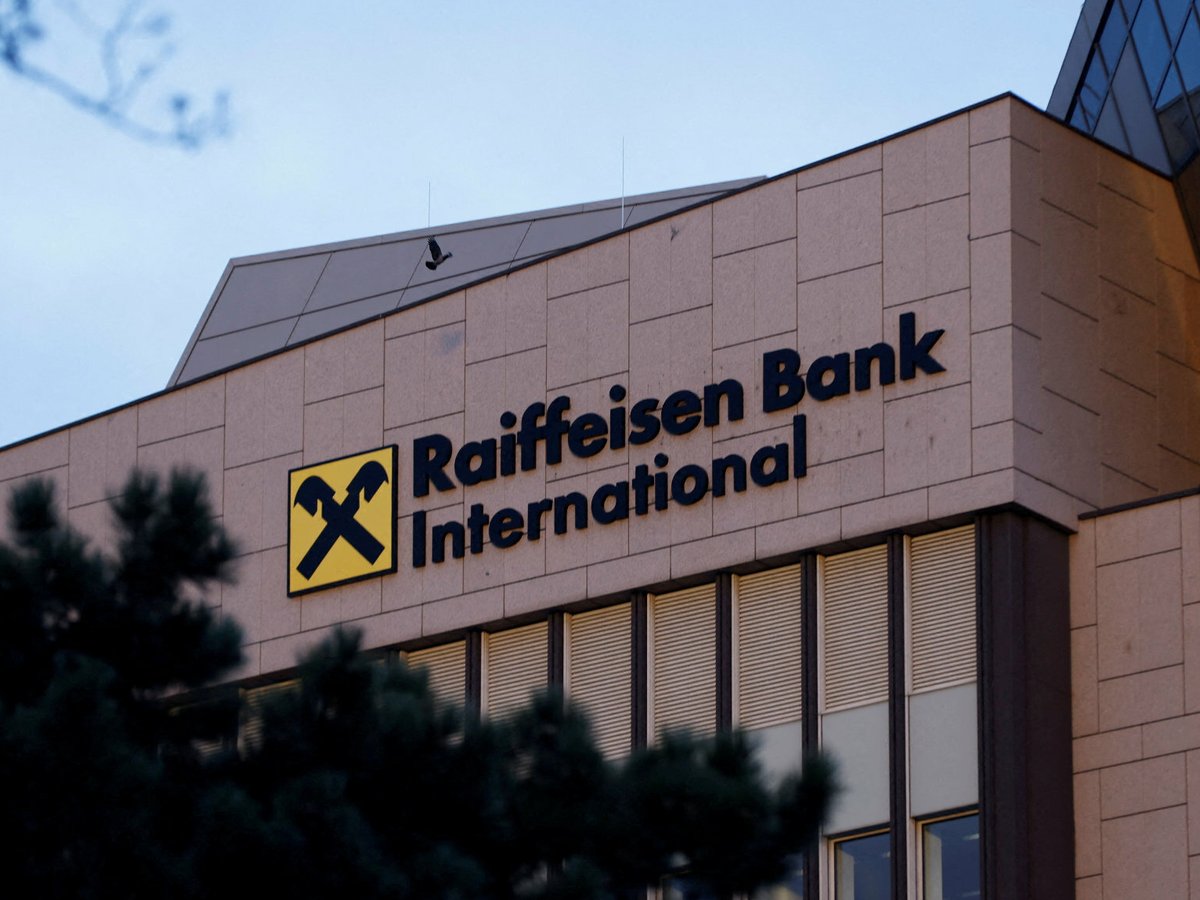
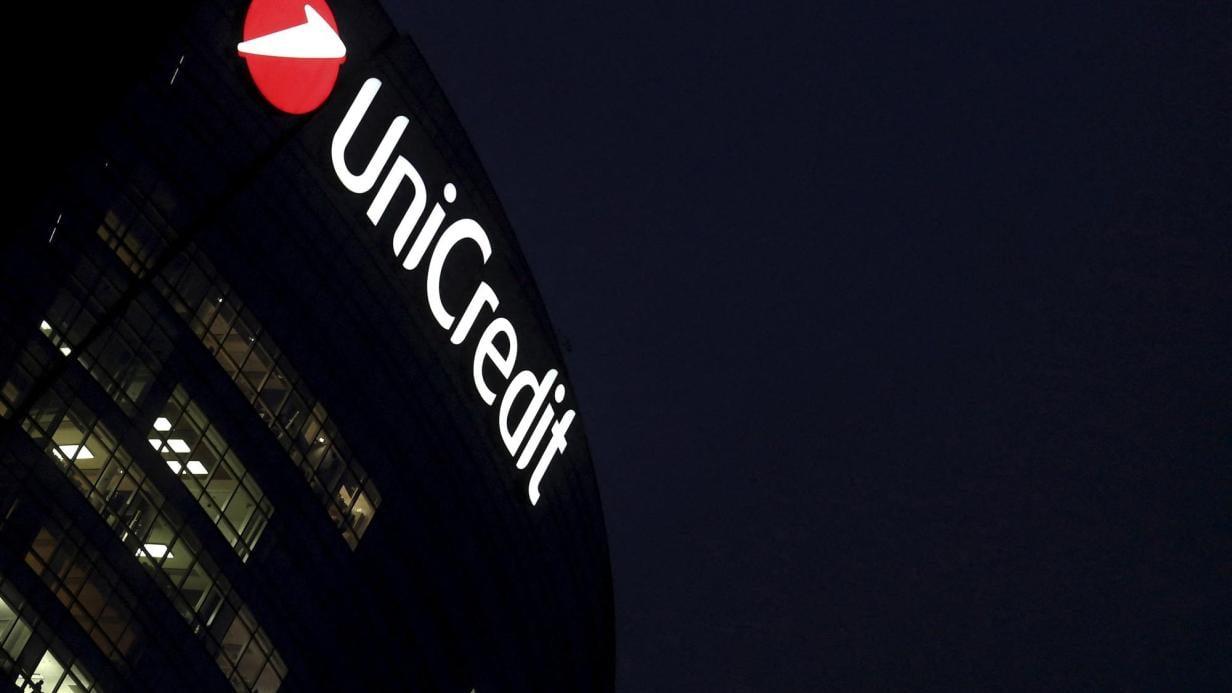
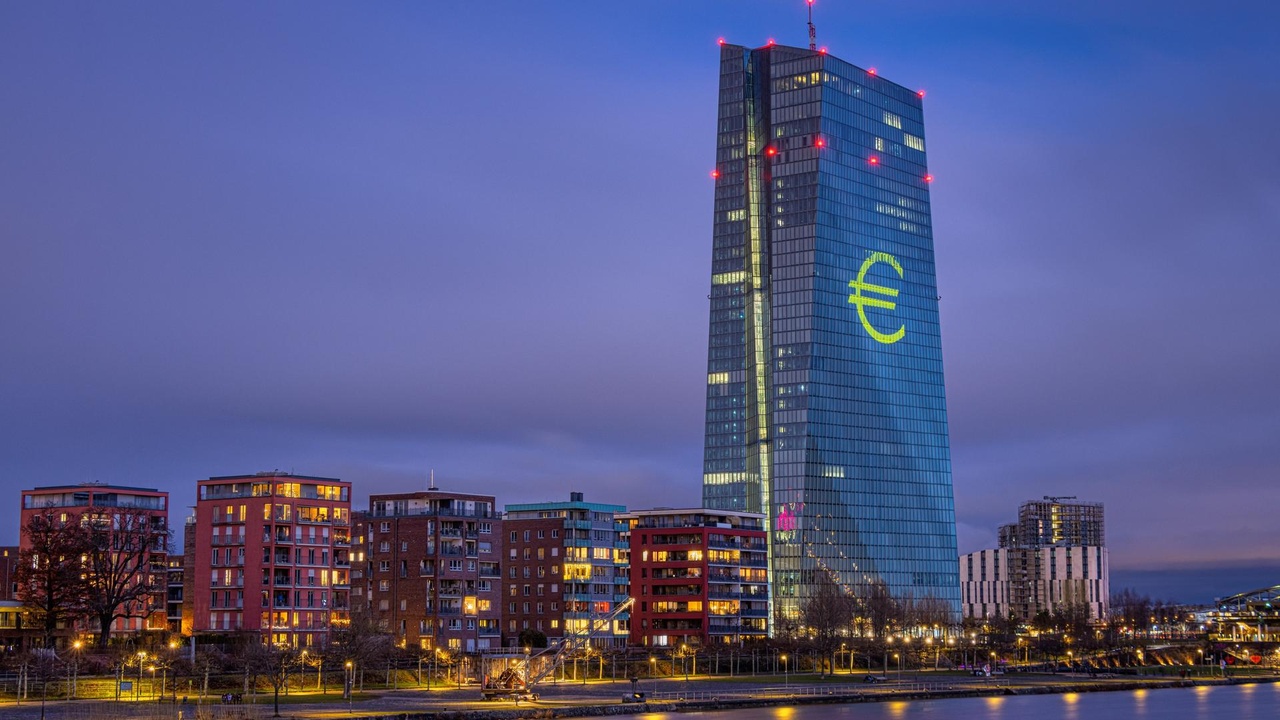
I'm new here. Find it very funny and interesting here so far.
Wanted to ask what is your opinion on $RBI (-1,89%) especially now after the Russian/U.S. history.
Titoli di tendenza
I migliori creatori della settimana















